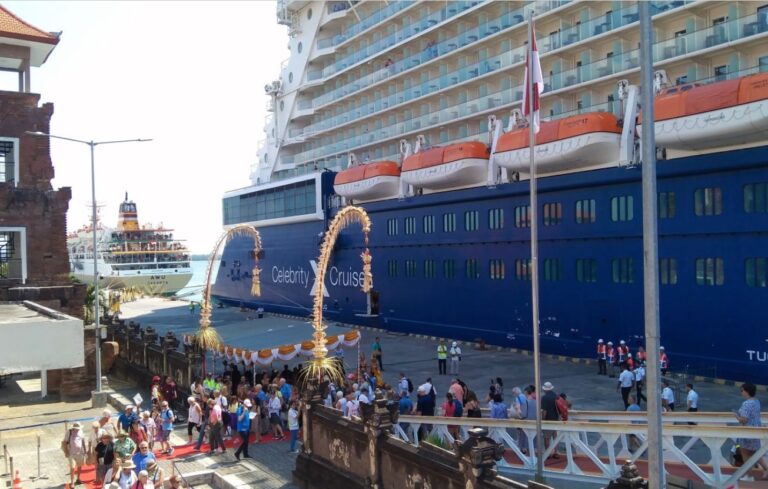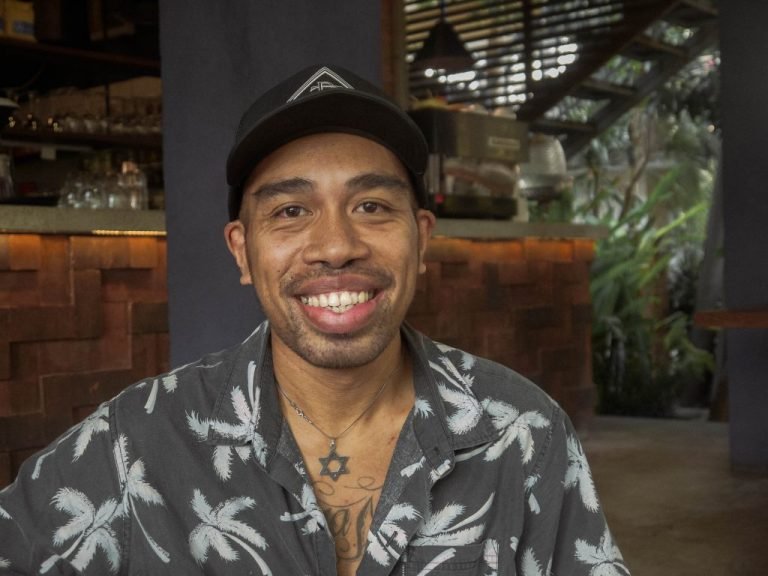
Earlier this year McKinsey & Company published an interesting article around ideas to unlock Indonesia’s growth and potential. “If Indonesia can quickly return to pre-pandemic growth rates, the country may become the world’s seventh-largest economy by 2030,” they claimed, “rising above Italy, Russia, South Korea, and others. To achieve this goal, the country must focus on building productivity and competitiveness once the COVID-19 pandemic subsides, an effort that requires immediate priority.”
It’s the cause of much debate and the longer the pandemic continues, the more ideas are being discussed. A recent webinar organised by Seven Stones Indonesia (SSI) and the Budidjaja Group in Jakarta and moderated by Ridwan Jasin Zachrie, CFO of SSI, explored some of these ideas with The Ministry of Tourism and Creative Economy, Norway Connect and the Indonesian Norway Business Council.
McKinsey & Company suggest key elements for Indonesia to consider should focus on healthcare, domestic tourism, food security, infrastructure, Industry 4.0 technologies, renewable energy, digital systems, MSMEs, education and training. And it seems that’s precisely where the government’s is prioritizing.
Dadang Rizki Ratman, Expert Staff in the Field and Business Development, Ministry of Tourism and Creative Economy spoke about something called CHSE as the most important aspect to be applied by tourism business actors.
CHSE Certification is granted to tourism businesses, tourism destinations, and other tourism products that provide guarantees to tourists regarding the implementation of hygiene, health, safety and environmental sustainability. There are now almost 12,000 registered and certified CHSE businesses in 34 provinces across the country.
According to Terje H. Nilsen, Co-Founder of SSI, “Indonesia’s future is bright and it will be a powerful country after the pandemic. We believe the economy will keep growing after the pandemic, especially as the government is very supportive of Foreign Direct Investment (FDI) and encouraging business development through key economic drivers such as Digital Nomads and working from home, Holistic Tourism and Health Tourism.”
Better connections, faster, smarter services, better pricing and innovation are things customers will be expecting and businesses have to be able to provide these, claims Maya Carolina, Senior Professional Development and Business Development Manager of Budidjaja International Lawyers. “Modern law firms sell advice, skills and information, but it’s their expertise, experience and efficiency that brings them value.”
This concept of value is an important one to be focused on, especially as it relates to innovation. Maya Carolina went on to explain that, Lawyerindo, for example “offers more than a conventional law firm does as it adapts to providing legal tech services such as IP, data protection, medical and healthcare, as well as whistleblowing.”
These are exciting times for those who believe in Indonesia’s future. At Seven Stones Indonesia, we do and we believe in the power of a positive and creative mindset. We believe in helping our clients, partners, and communities create a better world by adapting to change and focussing on what matters most to them.
We try to help businesses grow; we encourage investment and are forging relationships with like-minded organisations and we encourage you to do the same.
If you’d like to learn more get in touch with us at Seven Stones Indonesia through [email protected]
Sources: McKinsey & Company, World Bank

















